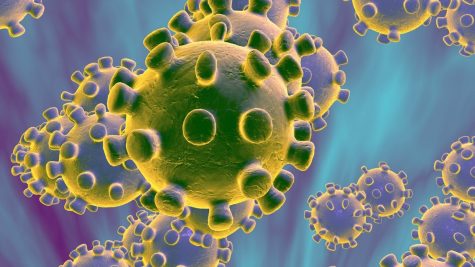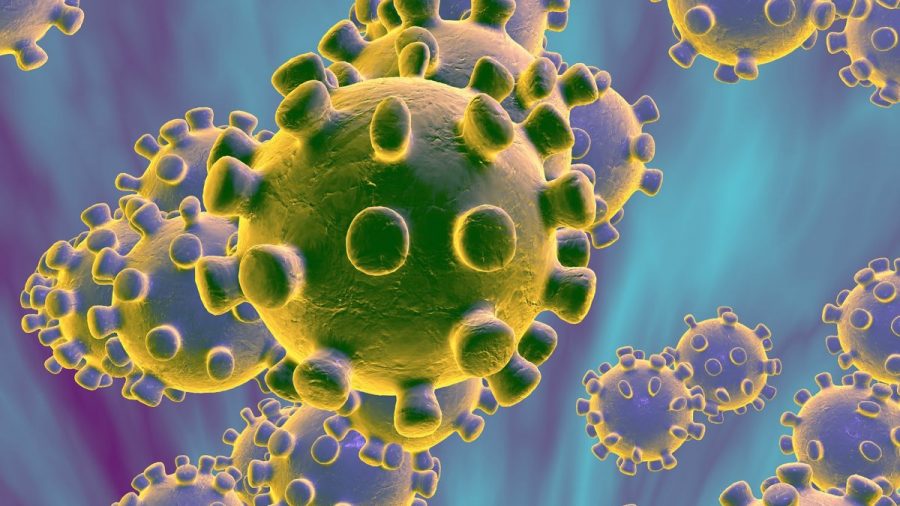What is the Coronavirus?

In the past few weeks, the world has been taken by storm by a sudden outbreak of a coronavirus known as 2019 novel coronavirus, or 2019-nCoV, in mainland China. Currently, about 17,485 individuals around the world have been confirmed to have this form of coronavirus, and the number only seems to be growing. Although this number seems alarming, it is important to keep health and safety at the forefront in order to prevent other cases and to stop the spread of the virus. Seeing as 2019-nCoV is now a global phenomenon that has been at the forefront of mainstream media, it is important for us to understand what the coronavirus is, where it comes from, how it is transmitted, the symptoms of the coronavirus, and how people can protect themselves from the harmful effects of the coronavirus.
2019-nCoV is a coronavirus that belongs to a larger family of coronaviruses, all which share similar characteristics. As a family, coronaviruses are responsible for causing respiratory illnesses, such as the common cold. In other cases, coronaviruses can cause lower respiratory tract illnesses such as pneumonia and bronchitis. Usually, most people are infected with some form of a coronavirus at some point in their lives, but the symptoms are not severe enough to raise alarm. Coronaviruses are especially common in animals and can spread from humans to animals. Although this is rare, this causes severe symptoms and usually leads to hospitalization.
The 2019-nCoV virus first appeared in the city of Wuhan in China at the Huanan seafood market. At this market, seafood and other animals were sold, making it likely that this type of coronavirus originated in animals and spread to humans at the market. After a thorough study of those infected and comparing it to similar coronaviruses, it is most likely that this form of the coronavirus originated in bats: in fact, this coronavirus shared 88% of its genetic sequence with a type of coronavirus found in bats. The fact that the coronavirus originated in bats is what makes this particular virus so harmful and makes the symptoms so severe.
As the coronavirus spreads to the various continents of the world, it is important for all people to practice good hygiene and to take care of themselves to prevent the transmission of the virus. The World Health Organization, which identifies the novel coronavirus outbreak as an emergency, lists several precautions that people can take to prevent the spread of the coronavirus. It is suggested that people wash their hands frequently, practice respiratory hygiene, maintain a degree of social distancing, and avoid touching their eyes, nose, and mouth. If any feverish symptoms are present, it is suggested that a person seek emergency care immediately.
Although this new epidemic is quite frightening, the world’s healthcare professionals have done an excellent job at containing the virus and informing the public of its dangers. With the medical technology that is present in this modern age, it is likely that the coronavirus will not be a problem forever. In the meantime, it is important that we all take the best care of ourselves as possible. Not only for ourselves, but for the sake of humanity.

Emily Vero is currently a senior at Mohawk Jr./Sr. High School. As a passionate writer, she has been working on The Arrow since her junior high years....








